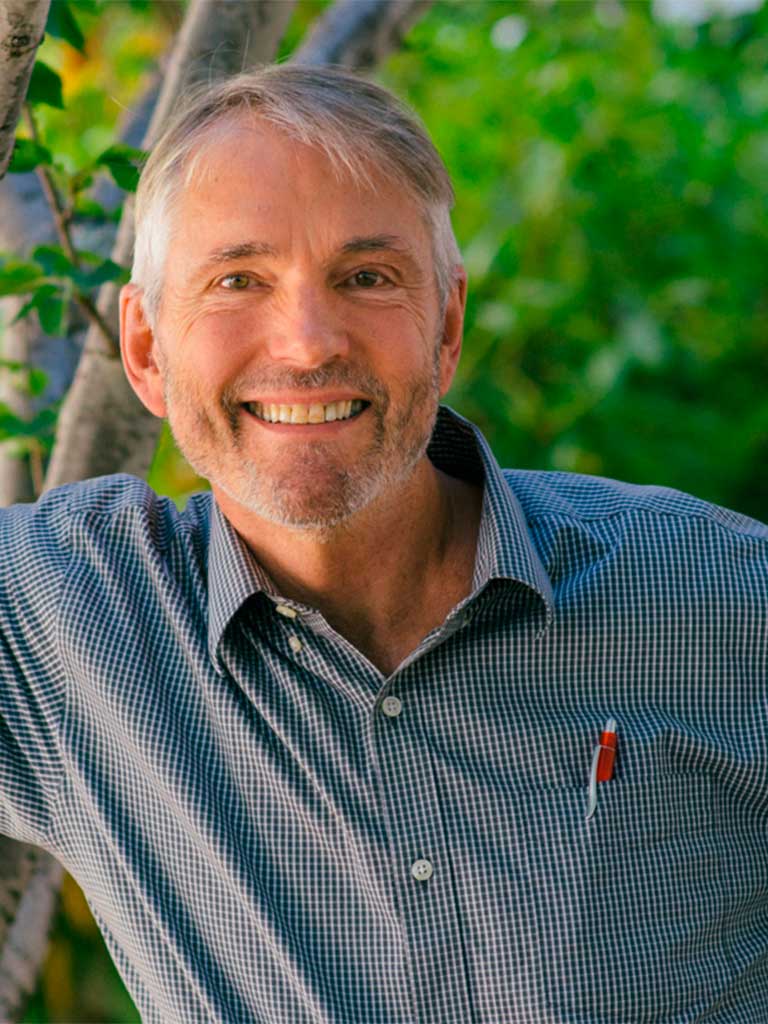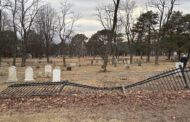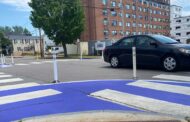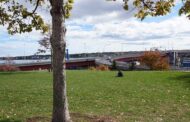Jon Hinck Answers Our Questions
Each candidate for Portland City Council District 2 received the same five questions about mask and vaccine requirements, budget priorities, Reiche Community School, housing affordability, and property taxes. They were given the same word limits and their answers are provided in full. Below find responses from Jon Hinck.
District 2 represents the neighborhoods of West End, Parkside, Valley, and Oakdale.
Public Health & Mask Mandates
1. Do you support mask mandates and vaccine requirements? As a city councilor, how would you approach public health and what would be your top priorities for Portland during a pandemic?

I support mask mandates and vaccine requirements when essential for protecting public health. The Portland Public Health Division needs to track public health related trends and occurrences, including, of course pandemics, very closely for their potential impact on city residents.
The City of Portland (the City) should also be recognized as a source for accurate up-to-date public health information. This information and public health services, like vaccinations, should be targeted to reach those who for any reason are less likely to be aware of vital health related messages. Most challenges can be met with information and voluntary participation.
Covid-19, and now the Delta Variant, presents a particularly concerning challenge. We have seen substantial community transmission of the Delta Variant for weeks and transmission rates have increased despite a vaccination rollout along with warnings and voluntary measures. It is time to reimpose a requirement that people wear masks in indoor public places with appropriate exemptions.
The City should also do everything possible to encourage the hosting outdoors of public events, business, and commerce where possible.
Budget Priorities
2. What are your social budget priorities? There is conversation at the national level about hard and soft/human infrastructure, yet so much of our infrastructure is local. What role should the city government play in public health, alleviation of poverty, and quality of life?
The City can and should make strategic investments in social infrastructure in ways that help to provide services such as affordable housing and childcare, convenient public transit, accessible recreation, health food production, and access to education including libraries.
Public investments should be targeted to neighborhoods and individuals who live with income insecurity, those who are of minority groups, people with disabilities, and others who have historically not benefited from much of the public investment.
The City would also benefit from having neighborhood-based community development plans to addresses poverty and show what each neighborhood could do to improve the quality of life for residents. In all such efforts, we should embrace a social justice and human rights-based approach.
The City should be ready to financially support those initiatives that have been demonstrated or can reasonably be expected to work.
Reiche Community School
3. What role will Reiche play in the community’s future? The Reiche Community School has served many roles over the years in addition to being a diverse elementary school. Health center, community room, library, and community pool are just some ways Reiche has served the neighborhood. Reiche is also about to undergo major renovations. What role would you play to ensure its long term sustainability as a school and community center?
The Reiche Community School (Reiche) is a centerpiece of the West End and Parkside neighborhoods and beyond. Future uses of the Reiche School buildings and grounds need to be determined by those who use the facilities, those who stand to be future users, and the nearby residents. These stakeholders should all have a voice. Soliciting and receiving their input should be made as easy as possible and be an ongoing endeavor.
Any proposed uses that might present any conflicts must be decided in favor of the elementary school education mission and in the interests of students and teachers. But community uses and education have been compatible in the past and should be able to continue to beneficially co-exist.
The District 2 councilor should make the vital activities on this site a consistent top priority. I participated in the WENA Community Design Workshop in 2006 and witnessed firsthand the community engagement. Reiche is a welcoming, nurturing and safe learning environment and the district city councilor must be pro-active in making sure that it continues to be that and has the tools and resources to achieve more.
Affordable Housing
4. How will we make housing more affordable? What are the solutions for our city that you find most hopeful and what role will District 2 neighborhoods play in housing Portland’s growing and diverse population?
Housing is a human right. Our city must respond to the needs of those who are unsheltered as well as the large number of city residents who are over-burdened by housing costs. Portland should look at many reforms to address affordability. This requires dedicated efforts by the Housing and Economic Development Committee, city staff and other community players.
I would be pleased to serve on the HED committee and would come prepared with ideas for policy initiatives. In 2015, I helped gain passage of Portland’s inclusionary zoning ordinance and proposed a range of other measures.
Possible initiatives and policy changes includes the following:
The elimination of structural barriers that minority households face when trying to access home ownership.
Creation of a universal safety net voucher program.
Rezoning to make it easy for homeowners to build accessory dwelling units, inc. tiny houses on their properties.
Incentives generated from housing linkage fees on large commercial developments to support building affordable housing throughout the city and especially in the corridors best served by public transit.
Property Taxes
5. How do we keep people in their homes? With the tax revaluation, many homeowners are worried about their property tax bills. What are the programs that you support to keep people in their homes?
I have met residents in each district neighborhood who are distressed over rising tax burdens. I know these concerns are real. The City needs to examine how to deliver services effectively and efficiently and critically assess spending priorities to control the overall tax burden.
In addition, after a short time, the Council should re-examine the tax revaluations to assess their fairness and be prepared to make adjustments if more expensive, and particularly commercial properties, were undervalued. Regressive tax assessment metrics rob from poorer property owners and benefit those who are wealthier.
Also, the City can do more to make residents who qualify aware of existing programs for property tax fairness credits and tax relief to low-income seniors.
Learn about Jon Hinck’s campaign opponent: Read Victoria Pelletier’s WEN Candidate Questionnaire.






1 Comments
Pingback: Campaign for Open District 2 Seat - The West End News